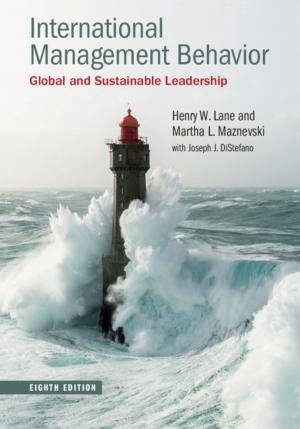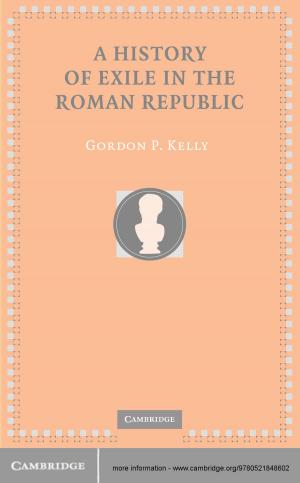Animal Teeth and Human Tools
A Taphonomic Odyssey in Ice Age Siberia
Nonfiction, Social & Cultural Studies, Social Science, Anthropology, Science & Nature, Science| Author: | Christy G. Turner II, Nicolai D. Ovodov, Olga V. Pavlova | ISBN: | 9781107065406 |
| Publisher: | Cambridge University Press | Publication: | July 11, 2013 |
| Imprint: | Cambridge University Press | Language: | English |
| Author: | Christy G. Turner II, Nicolai D. Ovodov, Olga V. Pavlova |
| ISBN: | 9781107065406 |
| Publisher: | Cambridge University Press |
| Publication: | July 11, 2013 |
| Imprint: | Cambridge University Press |
| Language: | English |
The culmination of more than a decade of fieldwork and related study, this unique book uses analyses of perimortem taphonomy in Ice Age Siberia to propose a new hypothesis for the peopling of the New World. The authors present evidence based on examinations of more than 9000 pieces of human and carnivore bone from 30 late Pleistocene archaeological and palaeontological sites, including cave and open locations, which span more than 2000 miles from the Ob River in the West to the Sea of Japan in the East. The observed bone damage signatures suggest that the conventional prehistory of Siberia needs revision and, in particular, that cave hyenas had a significant influence on the lives of Ice Age Siberians. The findings are supported by more than 250 photographs, which illustrate the bone damage described and provide a valuable insight into the context and landscape of the fieldwork for those unfamiliar with Siberia.
The culmination of more than a decade of fieldwork and related study, this unique book uses analyses of perimortem taphonomy in Ice Age Siberia to propose a new hypothesis for the peopling of the New World. The authors present evidence based on examinations of more than 9000 pieces of human and carnivore bone from 30 late Pleistocene archaeological and palaeontological sites, including cave and open locations, which span more than 2000 miles from the Ob River in the West to the Sea of Japan in the East. The observed bone damage signatures suggest that the conventional prehistory of Siberia needs revision and, in particular, that cave hyenas had a significant influence on the lives of Ice Age Siberians. The findings are supported by more than 250 photographs, which illustrate the bone damage described and provide a valuable insight into the context and landscape of the fieldwork for those unfamiliar with Siberia.















